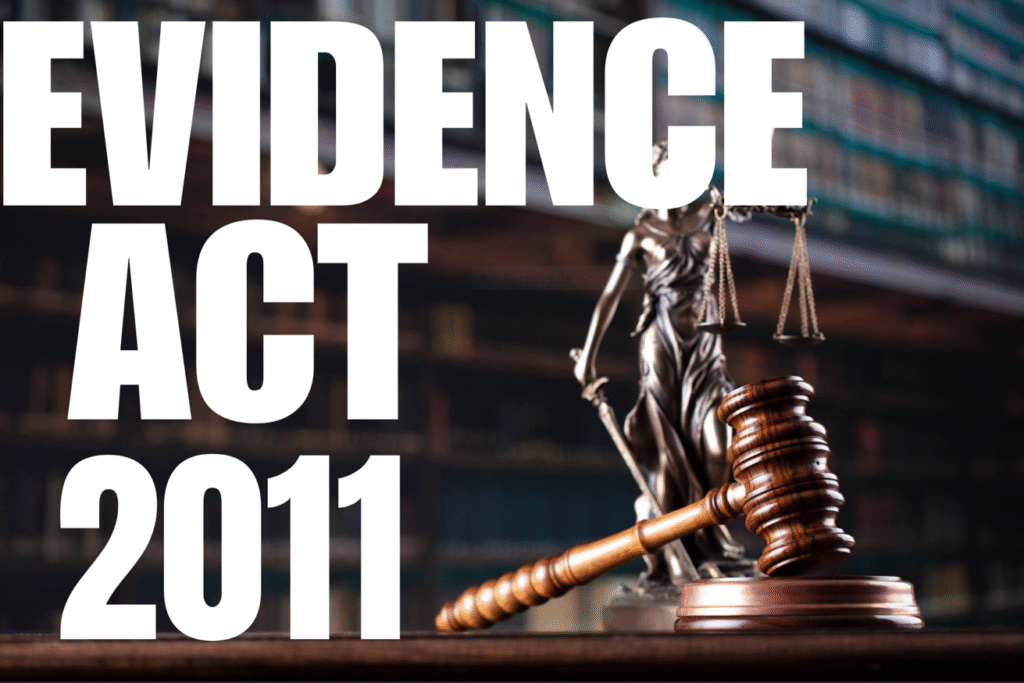Section 122 of the Evidence Act 2011 – What it Says and All You Need to Know.
Table of Contents
Section 122 of the Evidence Act 2011 Provides as Follows:
(1) No fact of which the court shall take judicial notice under this section needs to be proved.
(2) The court shall take judicial notice of-
(a) all laws or enactments and any subsidiary legislation made under them having the force of law now or previously in force in any part of Nigeria;
(b) all public Acts or Laws passed or to be passed by the National Assembly or a State House of Assembly, as the case may be, and all subsidiary legislation made under them and all local and personal Acts or Laws directed by the National Assembly or a State House Assembly to be judicially noticed;
(c) the course of proceeding of the National Assembly and of the Houses of Assembly of the States of Nigeria;
(d) the assumption of office of the President, a State Governor or Chairman of a Local Government Council, and of any seal used by any such public officer;
(e) the seals of all the courts of Nigeria, the seals of notaries public, and all seals which any person is authorised to use by any Act of the National Assembly or other enactment having the force of law in Nigeria;
(f) the existence, title and national flag of every State or sovereign recognised by Nigeria;
(g) the divisions of time, the geographical divisions of the world, the public festivals, fasts and holidays notified in the Federal Gazette or fixed by an Act;
(h) the territories within the Commonwealth;
(i) the commencement, continuance and termination of hostilities between the Federal Republic of Nigeria and any other State or body of persons;
(j) the names of the members and officers of the court and of their deputies and subordinate officers and assistants, and also of all officers acting in execution of its process, and of all legal practitioners and other persons authorised by law to appear or act before it;
(k)the rule of the road on land or at sea;
(i) all general customs, rules and principles which have been held to have the force of law in any court established by or under the Constitution and all customs which have been duly certified to and recorded in any such court; and
(m) the course of proceeding and all rules of practice in force in any court established by or under the Constitution.
(3) In all cases in subsection (2) of this section and also on all matters of public history, literature, science or art, the court may resort for its aid to appropriate books or documents or reference.
(4) If the court is called upon by any person to take judicial notice of any fact it may refuse to do so unless and until such person produces any such book or document, as it may consider necessary to enable it to do so.
Other Relevant Sections:
- Section 123 of the Evidence Act 2011
- Section 124 of the Evidence Act 2011
- Section 125 of the Evidence Act 2011
